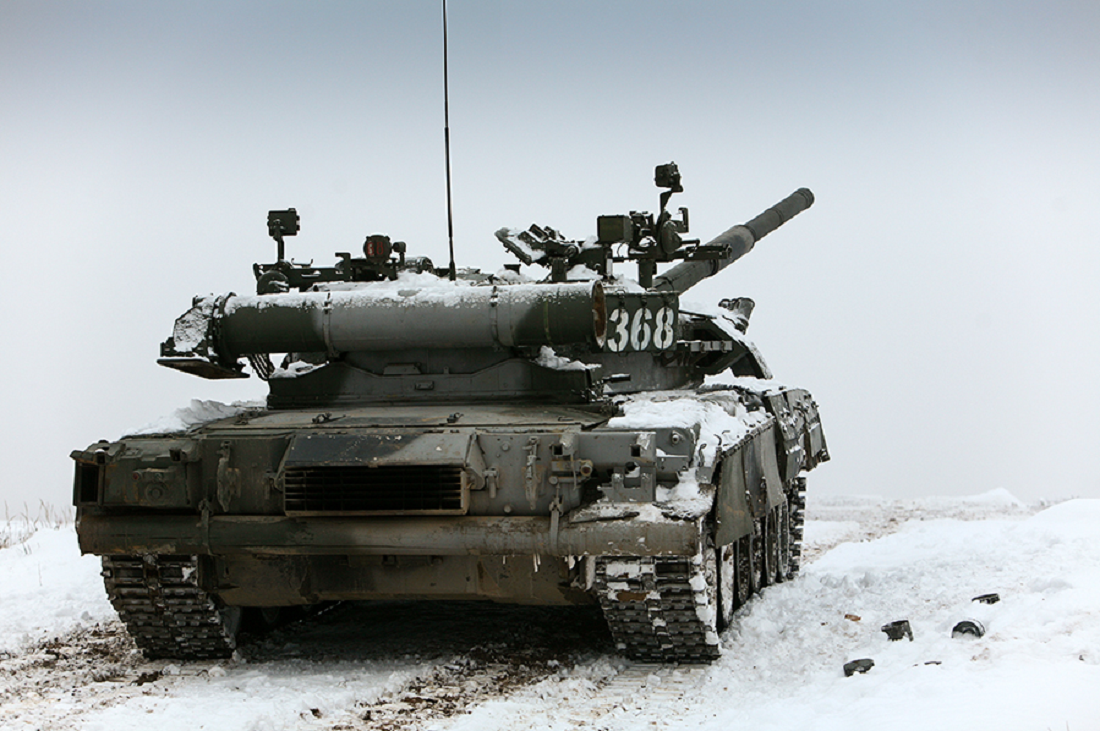by ROBERT BECKHUSEN
How paranoid is the Kremlin getting?
Its new military doctrine—which Russian president Vladimir Putin approved on Dec. 26—presents a world in which Russia is besieged by NATO, and where young people are a threat to national security. Especially if they’re not religious or patriotic.
To be sure, much of what’s stated in the doctrine is not new—as a matter of practice—except that it’s now in the written record and has Putin’s signature on it. This is because military strategy tends to evolve at a faster pace than official doctrine, which is an overarching set of guidelines that armies use to inform strategy.
The most consequential part of the doctrine refers to Russia’s aim to protect its citizens abroad.
This is through the “lawful use of the armed forces … to ensure the protection of its citizens, outside the Russian Federation in accordance with the generally recognized principles and norms of international law and international treaties of the Russian Federation.”
This is not controversial on its own, but it gives sufficient wiggle room for Russian troops to intervene in other countries on behalf of Russian passport holders.
Several border states have substantial Russian-speaking minorities. That has the Baltic states worried, as protecting Russian citizens was the Kremlin’s principle justification for invading Crimea—and backing the breakaway statelets of South Ossetia and Abkhazia during the 2008 war with Georgia.
Russia’s military doctrine goes through revisions every few years. This is the fourth time the Kremlin rewrote its doctrine since the collapse of the Soviet Union—once when Boris Yeltsin was president, in 2000 under Vladimir Putin and again in 2010 under Dmitry Medvedev.
Other revealing passages reflect the Kremlin’s fears of NATO encroachment and the alliance’s anti-ballistic missile systems. It considers NATO to be Russia’s main external threat, including expansion of “members of NATO to the borders of the Russian Federation,” the doctrine states.
On a reassuring note, the doctrine states that a conventional war between states is becoming less likely. It views nuclear weapons as a legitimate threat against conventional attack—but this is similar to existing United States nuclear doctrine.
 At top and above—tanks from the Russian 4th Kantemirovsaka Guards Tank Division on exercises near Moscow in December 2014. Russian Ministry of Defense photos
At top and above—tanks from the Russian 4th Kantemirovsaka Guards Tank Division on exercises near Moscow in December 2014. Russian Ministry of Defense photos
The doctrine also reflects an authoritarian shift by the Russian government.
The document describes Russia facing internal military dangers, the main one being “activities aimed at a violent change of the constitutional system of the Russian Federation.” This extends to “terrorist organizations and individuals aimed at undermining the sovereignty, unity and violating the territorial integrity” of Russia.
This refers indirectly to separatist Islamic extremist groups in the Caucasus. These proclamations are not a threat to Russia’s dissidents and liberals, on its own. No country would ignore violent secessionists within its borders.
But the doctrine goes further. Another military threat is propaganda aimed at influencing “young citizens of the country, which is to undermine the historical, spiritual and patriotic traditions in defense of the Fatherland,” the doctrine states.
That’s a foreboding sign.
Youth protesters are a threat to national security. If Russian citizens are not religious, then the country is weak. Russia is facing a civilizational threat from the West. That’s not just the fever dreams of paranoid nationalists — that’s all in the doctrine.
The reaction from Kremlin critics has been mixed shock and dark humor—and seeing the doctrine as emblematic of dangerous political trends.
Lilia Shevtsova, a Russian political expert at the Carnegie Endowment for International Peace, blogged that the doctrine is “at the very least, an honest acknowledgement that brings us back to the situation before 1991.”
In short, a new cold war.
Russian opposition figures have also blasted the doctrine. “But now for the Russian living abroad, Putin has created huge problems,” blogged Boris Nemstov, an ex-deputy prime minister and outspoken Putin critic. “They will be regarded as a source of constant military threat.”
No comments:
Post a Comment